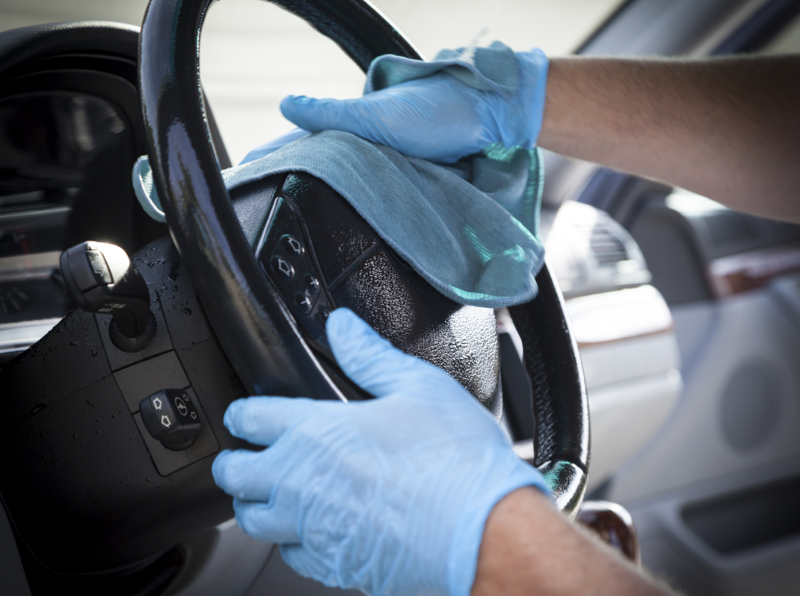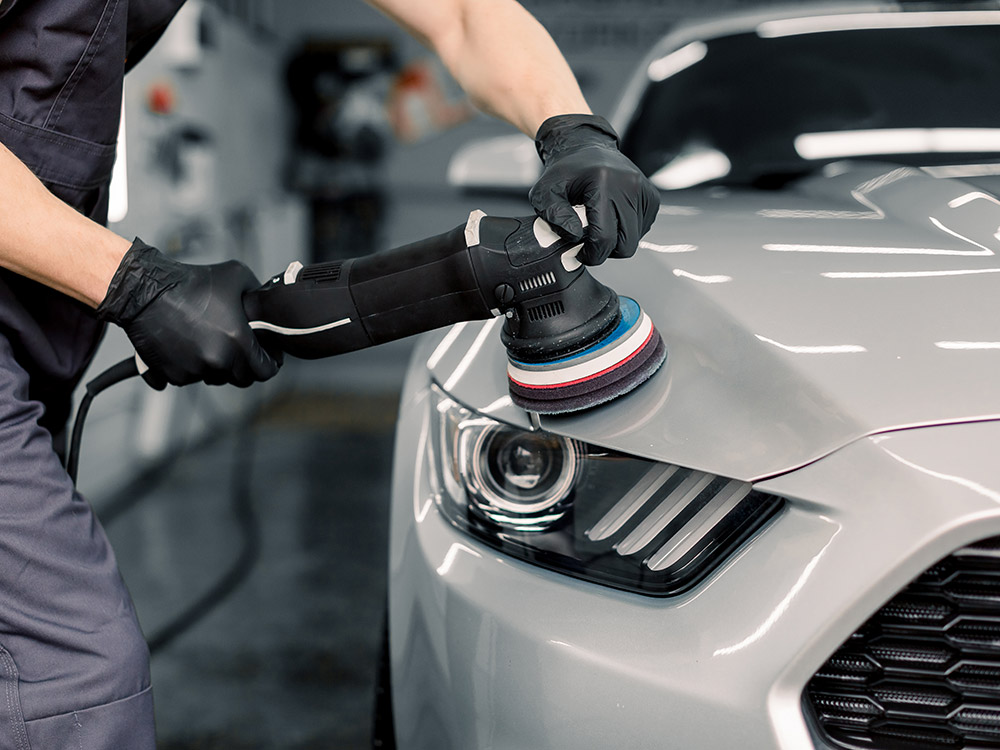Necessary Vehicle Treatment Practices: Maintain Your Vehicle in Peak Condition
Effective cars and truck care practices are essential to making sure that your automobile remains in optimal condition throughout its life-span. Lots of vehicle proprietors neglect these necessary elements, possibly jeopardizing their investment.

Routine Oil Modifications
Normal oil changes are essential for preserving optimal engine performance and long life. Engine oil functions as a lube for the many moving parts within the engine, avoiding friction and wear. In time, oil can end up being contaminated with dust, metal, and particles fragments, decreasing its performance and bring about possible engine damages.
The frequency of oil modifications can vary based on several aspects, including vehicle make and model, driving conditions, and the kind of oil used. Typically, it is suggested to alter the oil every 3,000 to 5,000 miles for traditional oil, while artificial oils may prolong this interval to 7,500 miles or more (Rochester Car Care). However, always seek advice from the lorry's owner manual for certain recommendations.
Along with protecting the engine, normal oil modifications contribute to far better gas efficiency and minimized emissions. Old, broken down oil can lead to increased engine pressure, causing greater fuel usage. Additionally, maintaining clean oil assists to promote a much healthier setting by decreasing hazardous exhaust emissions.
Tire Maintenance Tips

Furthermore, inspect your tires for unequal wear, which can indicate positioning or suspension concerns. Rotate your tires every 5,000 to 7,500 miles to advertise even use and expand their life expectancy. Take notice of tread depth; tires with not enough step can jeopardize grasp, specifically in wet problems. An easy test involves placing a penny into the walk; if you can see every one of Lincoln's head, it's time for new tires.
Lastly, guarantee your tires are well balanced and lined up properly. Imbalance can create premature tire wear and impact automobile handling. Normal maintenance of your tires not just boosts safety and security but likewise enhances gas effectiveness and lengthens the life of your car. By sticking to these tire upkeep ideas, you will ensure optimal efficiency and dependability on the road.
Brake System Checks
The brake system is an important part of car safety that needs regular interest and maintenance. Regular checks of the brake system can prevent possible failures and make sure ideal performance.
Following, take a look at the brake blades for indications of racking up or warping. Irregular surfaces can cause inadequate braking efficiency and ought to be resolved immediately. It is also necessary to inspect the brake lines and tubes for any indicators of leakages, splits, or protrudes, as endangered lines can lead to brake liquid loss and failing.
Fluid Level Inspections
Maintaining ideal liquid degrees is necessary for the smooth operation and durability of a car. Routine examinations of essential fluids, including engine oil, coolant, transmission fluid, brake fluid, and power guiding liquid, are critical to guaranteeing that your vehicle executes at its finest. Each of these fluids plays an important role in the total performance of the car, contributing to different systems such as air conditioning, lubrication, and hydraulic operations.
To carry out a thorough fluid level evaluation, beginning by seeking advice from the automobile's proprietor guidebook for specific suggestions on liquid kinds Rochester Car Care and levels. Inspecting engine oil can be conveniently done utilizing the dipstick method, ensuring that the oil is at the recommended level and without particles or staining. For coolant, examine the reservoir and radiator, ensuring that the mixture is totally free and sufficient from pollutants. Transmission liquid degrees should be examined using the designated dipstick while the engine is running, as specified in the guidebook. Examine the brake and power guiding fluids, visit site ensuring they are at appropriate degrees and in good condition. Normal liquid level assessments not just avoid potential failures but likewise enhance overall automobile performance and safety and security.
Battery Treatment and Upkeep
An often-overlooked part of car maintenance is the treatment and upkeep of the battery, which plays a crucial function in starting the engine and powering electrical systems. Normal battery upkeep can substantially extend its lifespan and avoid unforeseen failings.
To make certain optimum performance, visually check the battery a minimum of when a month. Search for indicators of corrosion or leakage around the terminals, which can restrain electric circulation. If you notice white, fine-grained deposits, clean the terminals with a blend of baking soda and water, and ensure they are tightly connected.
Additionally, check the battery's fluid levels if it is not a maintenance-free design. Rounding off with pure water can help keep appropriate electrolyte degrees. It's also a good idea to check the battery's cost regularly, specifically before severe weather condition periods, as both warm and cold can impact performance.
Purchase a battery maintainer if your lorry is not driven often, as this can protect against deep discharges. Eventually, a little interest to your battery can go a lengthy method in guaranteeing your vehicle starts dependably and operates efficiently. Normal upkeep fosters durability and assists avoid pricey replacements.
Conclusion
Routine oil modifications, thorough tire maintenance, extensive brake system checks, fluid level evaluations, and constant battery care collectively make certain that vehicles run successfully and safely. Focusing on these maintenance routines is important for any lorry owner intending to keep their lorry in peak condition throughout its life-span.
The frequency of oil adjustments can vary based on numerous factors, consisting of lorry make and model, driving conditions, and the type of oil made use of. Routine evaluations of important fluids, including engine oil, coolant, transmission liquid, brake fluid, and power guiding liquid, are vital to guaranteeing that your car performs at its ideal.To conduct a comprehensive liquid degree evaluation, start by speaking with the car's proprietor guidebook Bonuses for particular recommendations on liquid kinds and degrees. Normal oil adjustments, diligent tire upkeep, comprehensive brake system checks, liquid degree examinations, and regular battery care collectively guarantee that automobiles run successfully and safely. Focusing on these maintenance routines is important for any vehicle owner intending to maintain their vehicle in peak condition throughout its lifespan.